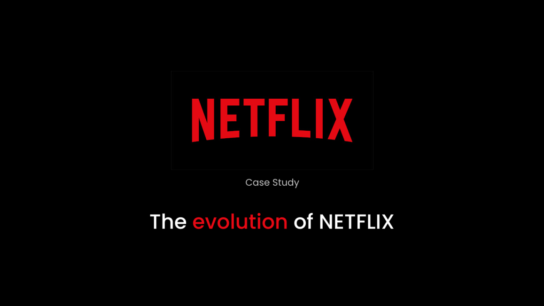In recent years, the landscape of entertainment has undergone a significant transformation with the advent of movies available for free online. This phenomenon has not only changed how audiences consume films but has also challenged traditional distribution models and sparked debates about accessibility, legality, and the future of the movie industry.
The Shift to Online Streaming
Gone are the days when watching a movie meant a trip to the cinema or a rental from a video store. The rise of high-speed internet and streaming platforms has made it possible for viewers to access a vast library of movies directly from their devices, whether it’s a smartphone, tablet, laptop, or smart TV. This convenience has reshaped consumer expectations, with many opting for the flexibility and cost-effectiveness of online streaming over traditional methods.
Accessibility and Global Reach
One of the most significant advantages of movies free online is their unparalleled accessibility. Viewers around the world can now enjoy a diverse range of films, including Hollywood blockbusters, independent gems, and international cinema, without geographical limitations. This democratization of access has not only broadened cultural horizons but has also provided a platform for lesser-known films to reach a global audience.
Legal Considerations and Copyright Issues
However, the proliferation of free online movies has raised important legal and ethical questions. Many of the platforms offering free movies operate in a legal gray area, often hosting content without proper licensing or permission from copyright holders. This has led to concerns about piracy and the potential impact on filmmakers and the industry as a whole. Efforts to combat piracy through stricter enforcement of copyright laws and collaborations between content creators and streaming platforms are ongoing but continue to be a contentious issue.
Impact on Traditional Distribution Models
The rise of movies free online has also disrupted traditional distribution models, challenging the dominance of theaters and physical media. As streaming services continue to gain popularity, major studios and independent filmmakers alike are increasingly turning to online platforms to release their films directly to audiences. This shift has prompted a reevaluation of how movies are marketed, financed, and distributed, with some predicting a future where simultaneous online releases become the norm.
The Future of Movie Consumption
Looking ahead, the future of movies free online appears poised for continued growth and evolution. Advances in technology, such as improved streaming quality and virtual reality experiences, promise to enhance the online viewing experience further. Additionally, the ongoing expansion of streaming services into new markets and the diversification of content offerings suggest that movies free online will remain a dominant force in the entertainment industry.
Conclusion
In conclusion, movies free online have revolutionized how audiences discover, access, and enjoy films. While the accessibility and convenience of online streaming are undeniable advantages, the industry must address challenges related to copyright, piracy, and sustainability to ensure a fair and vibrant ecosystem for filmmakers and viewers alike. As technology continues to evolve and consumer preferences shift, the landscape of movies free online will undoubtedly continue to shape the future of entertainment worldwide.




